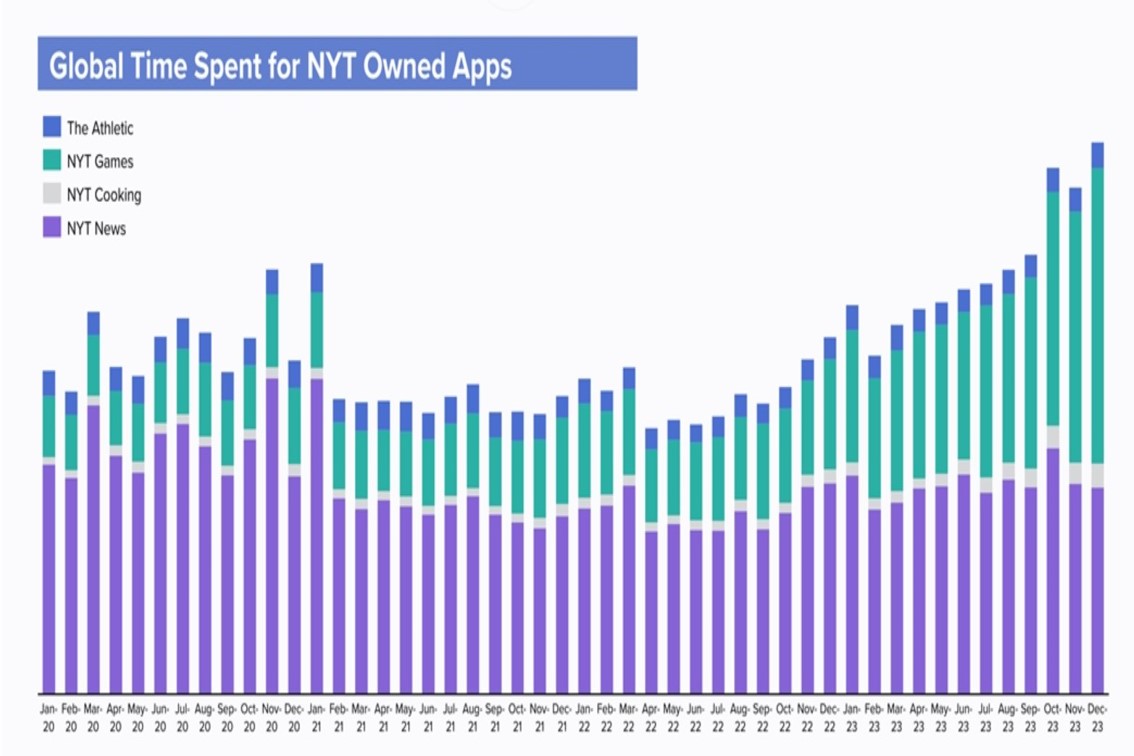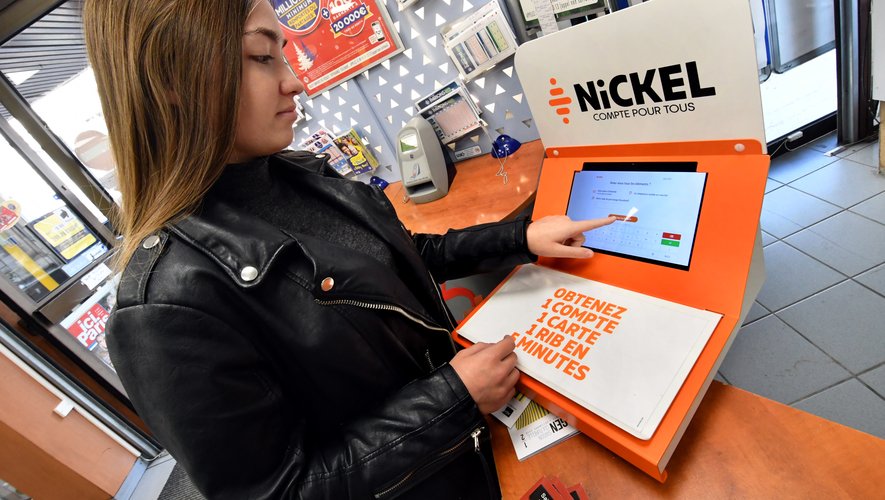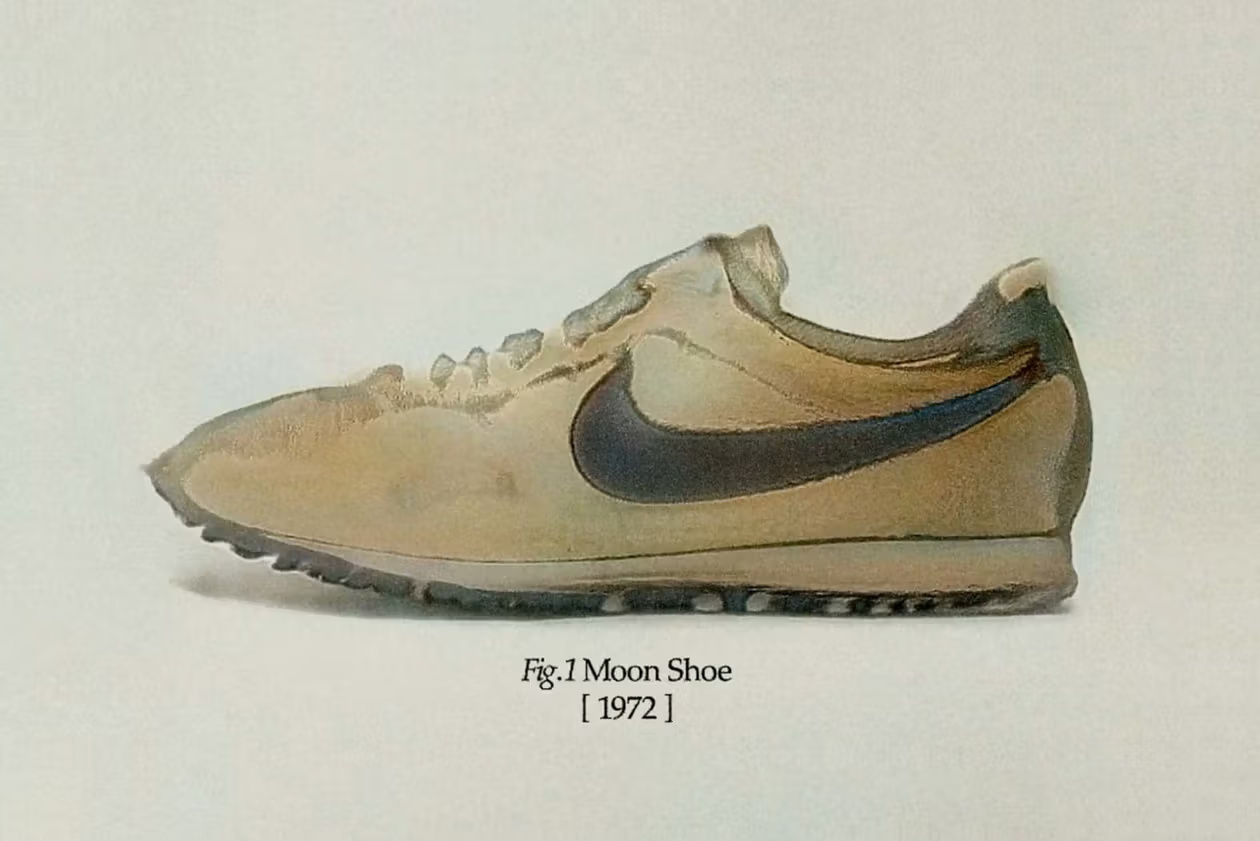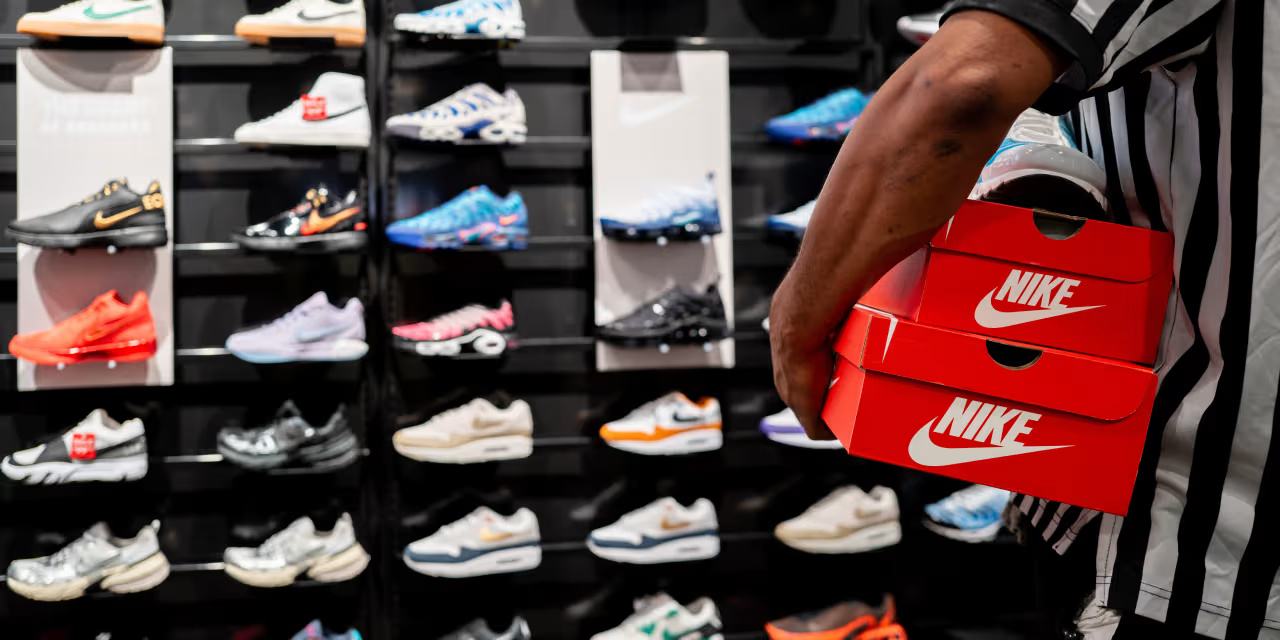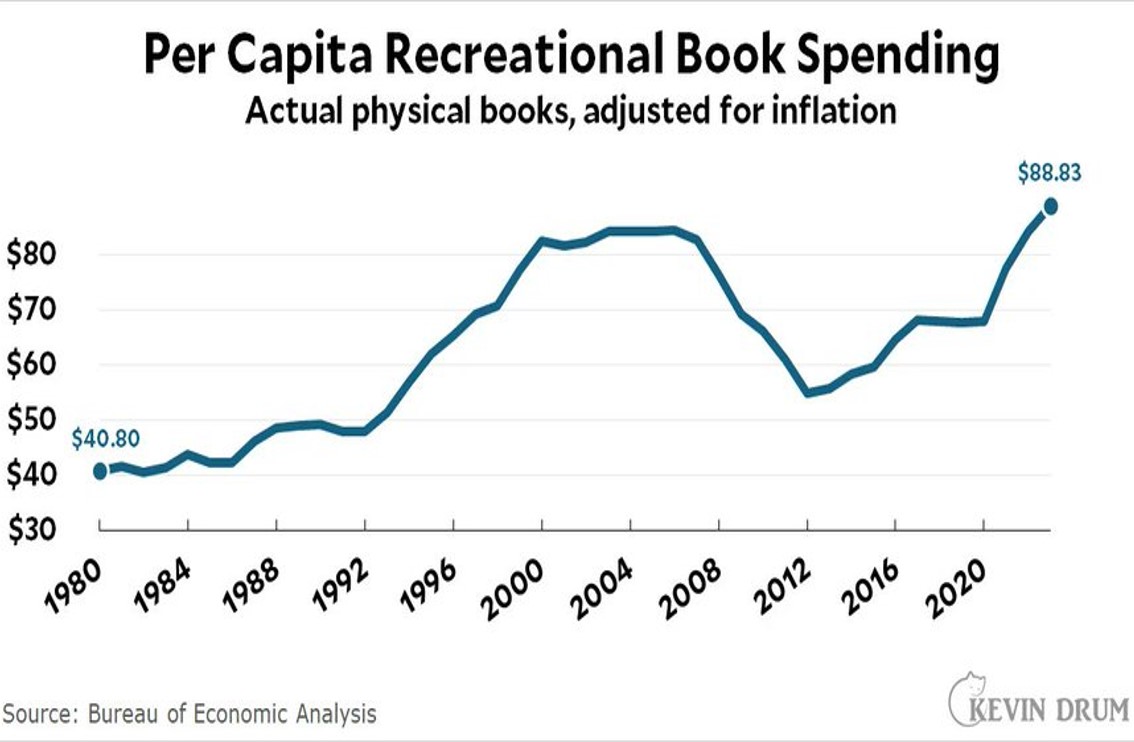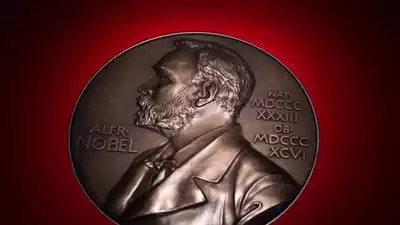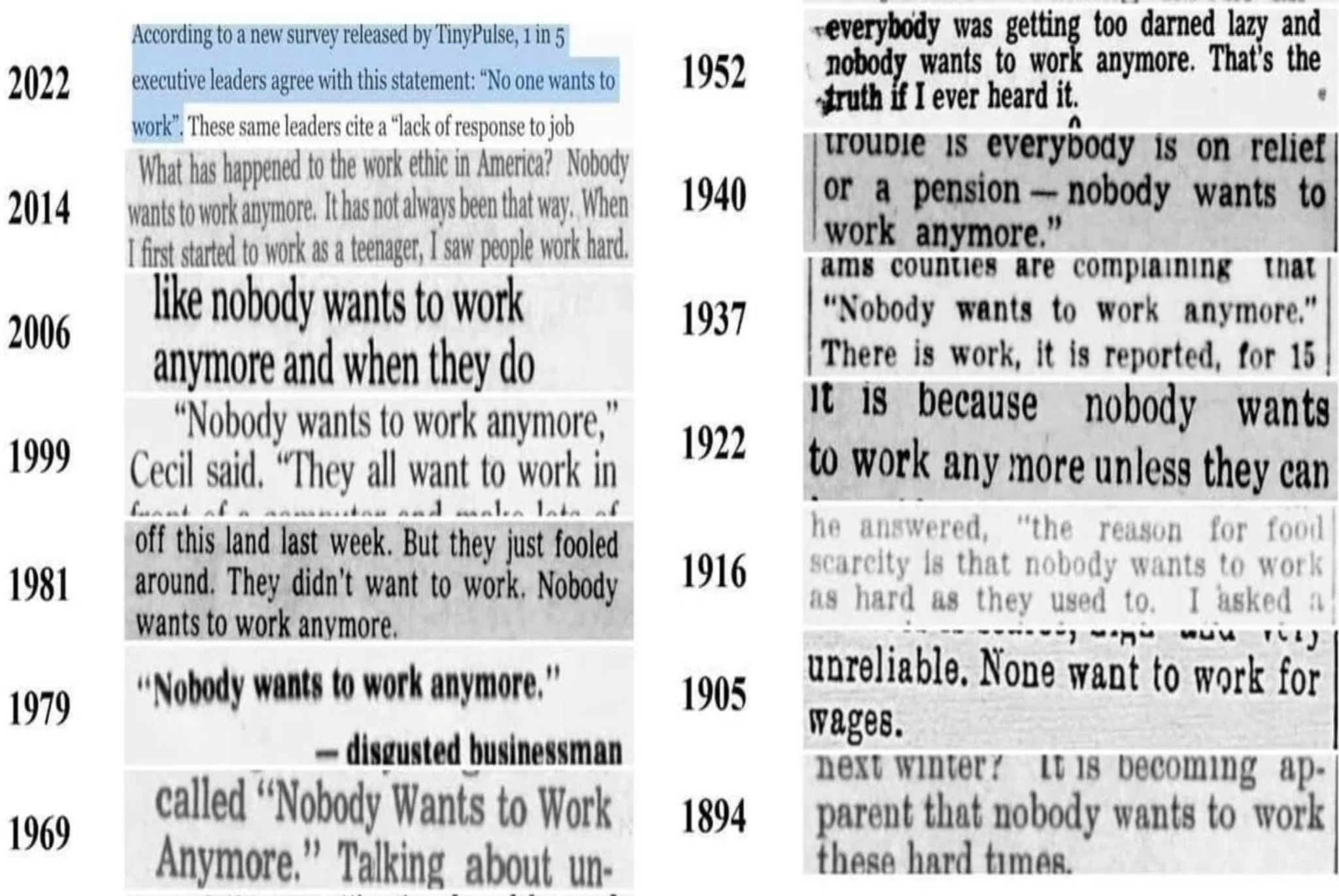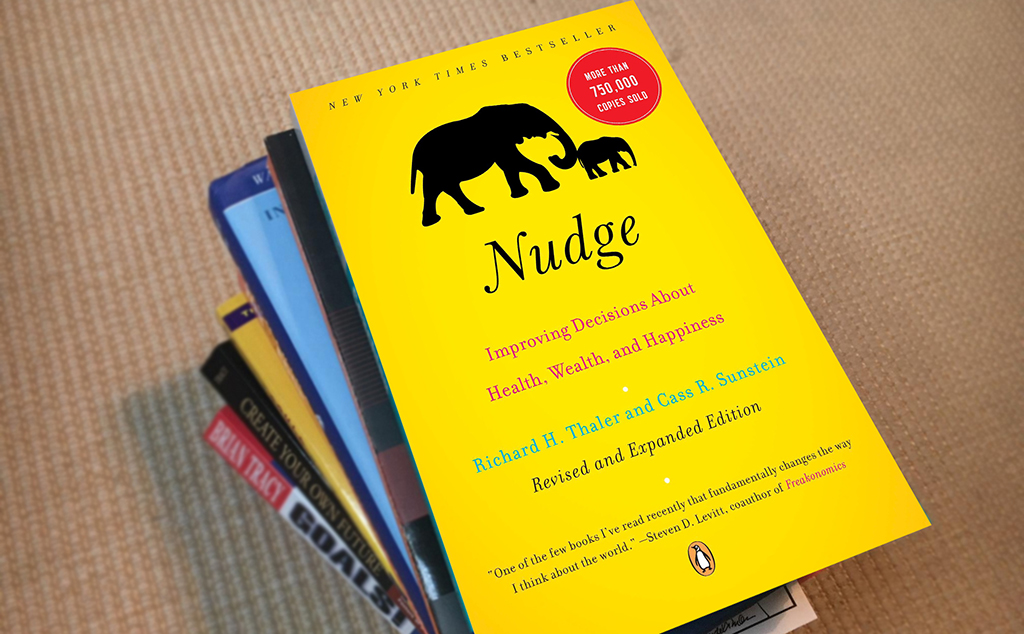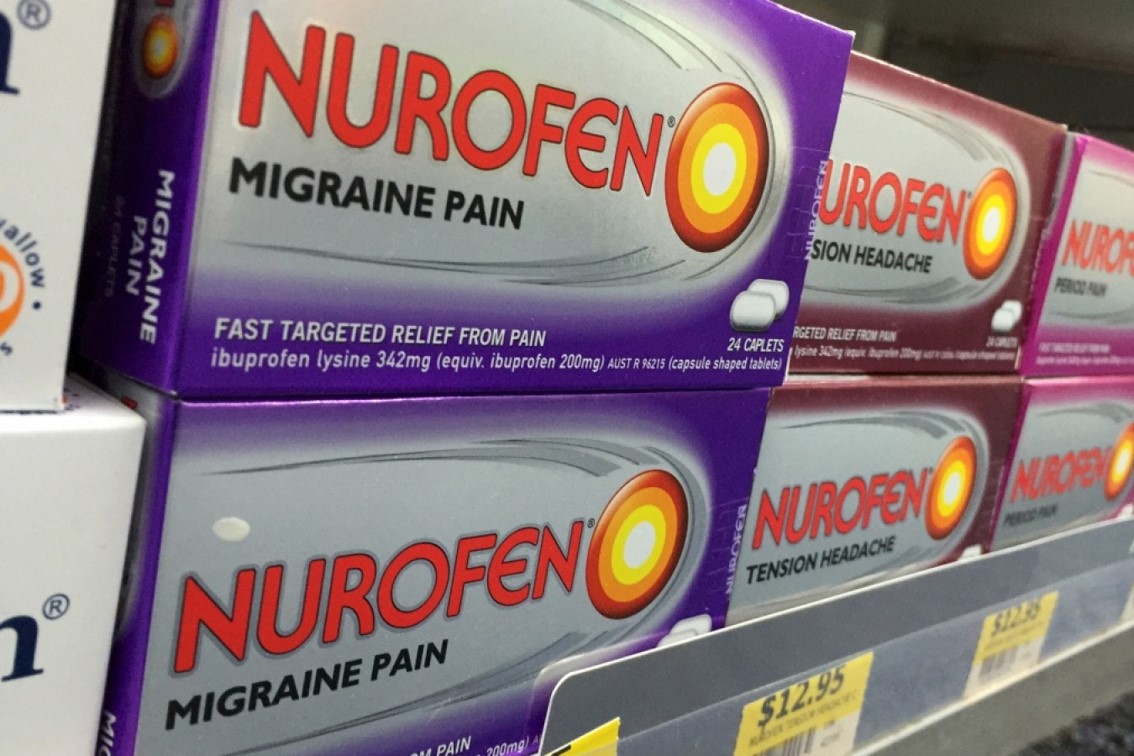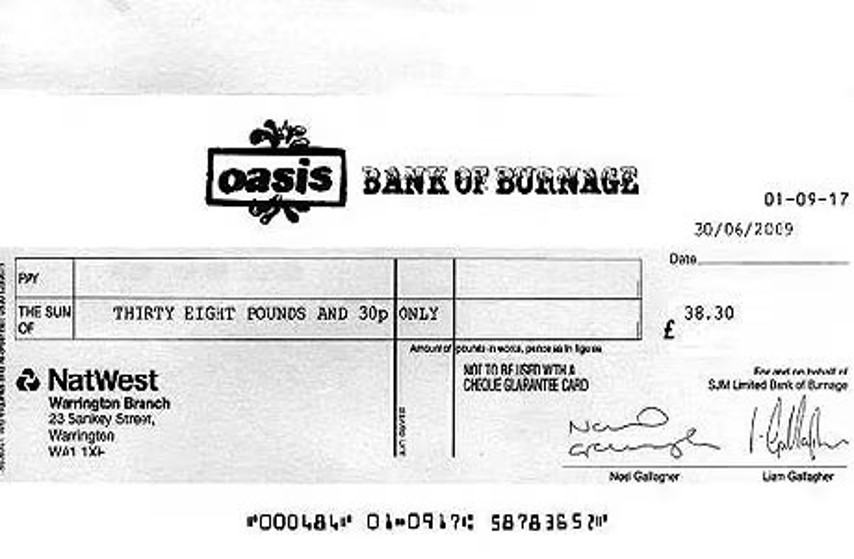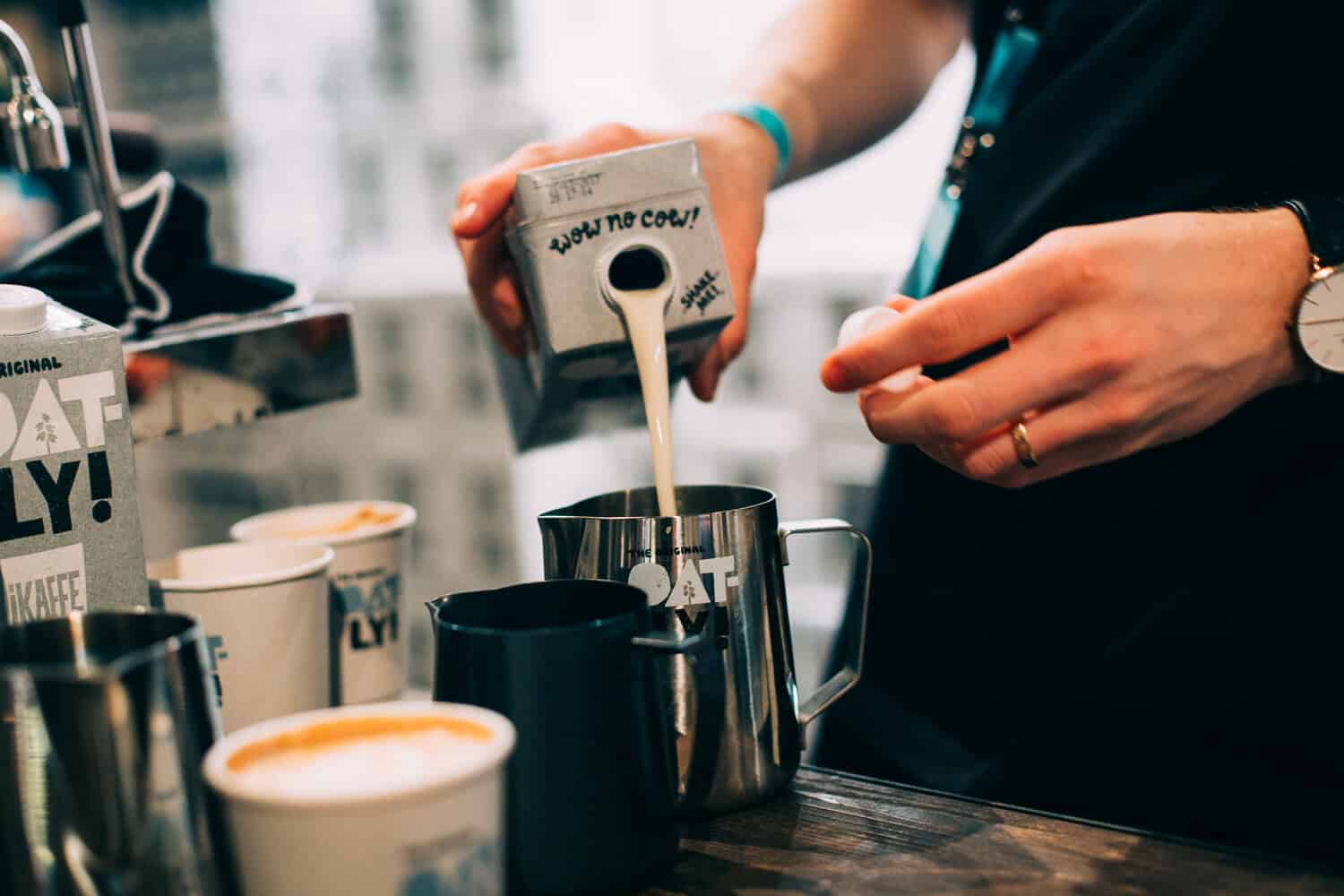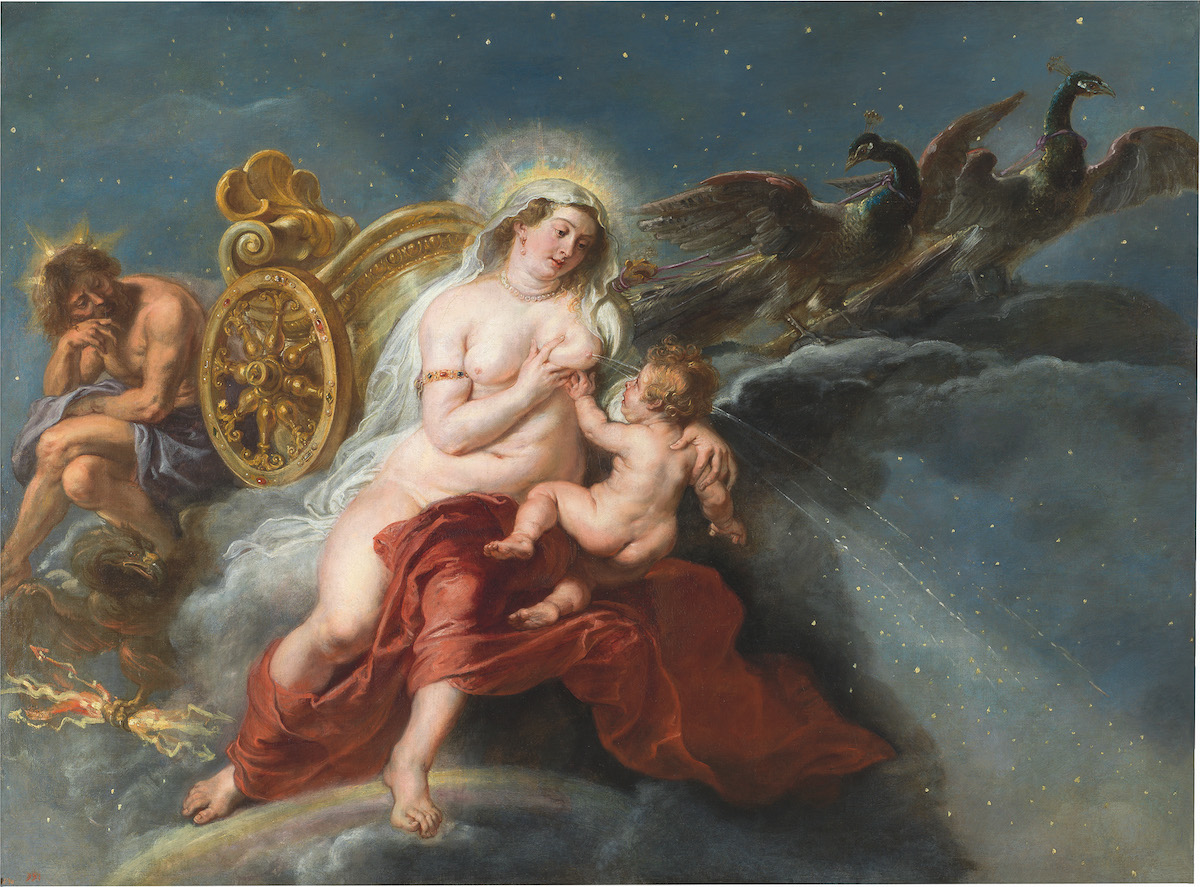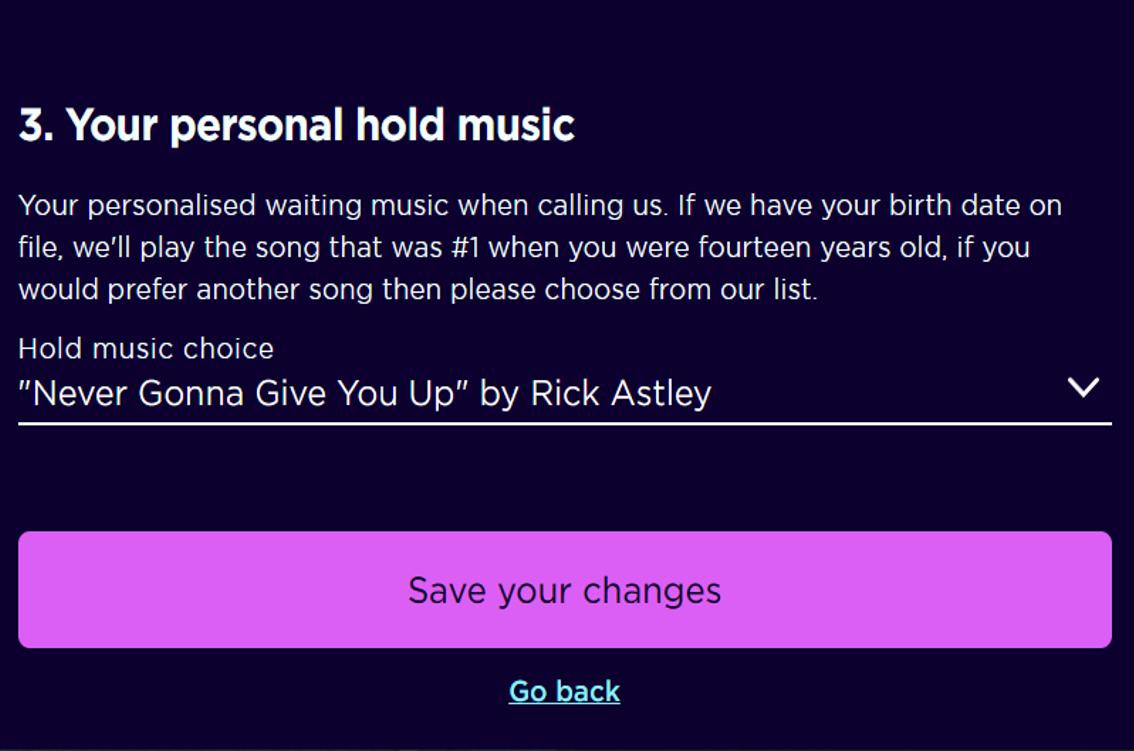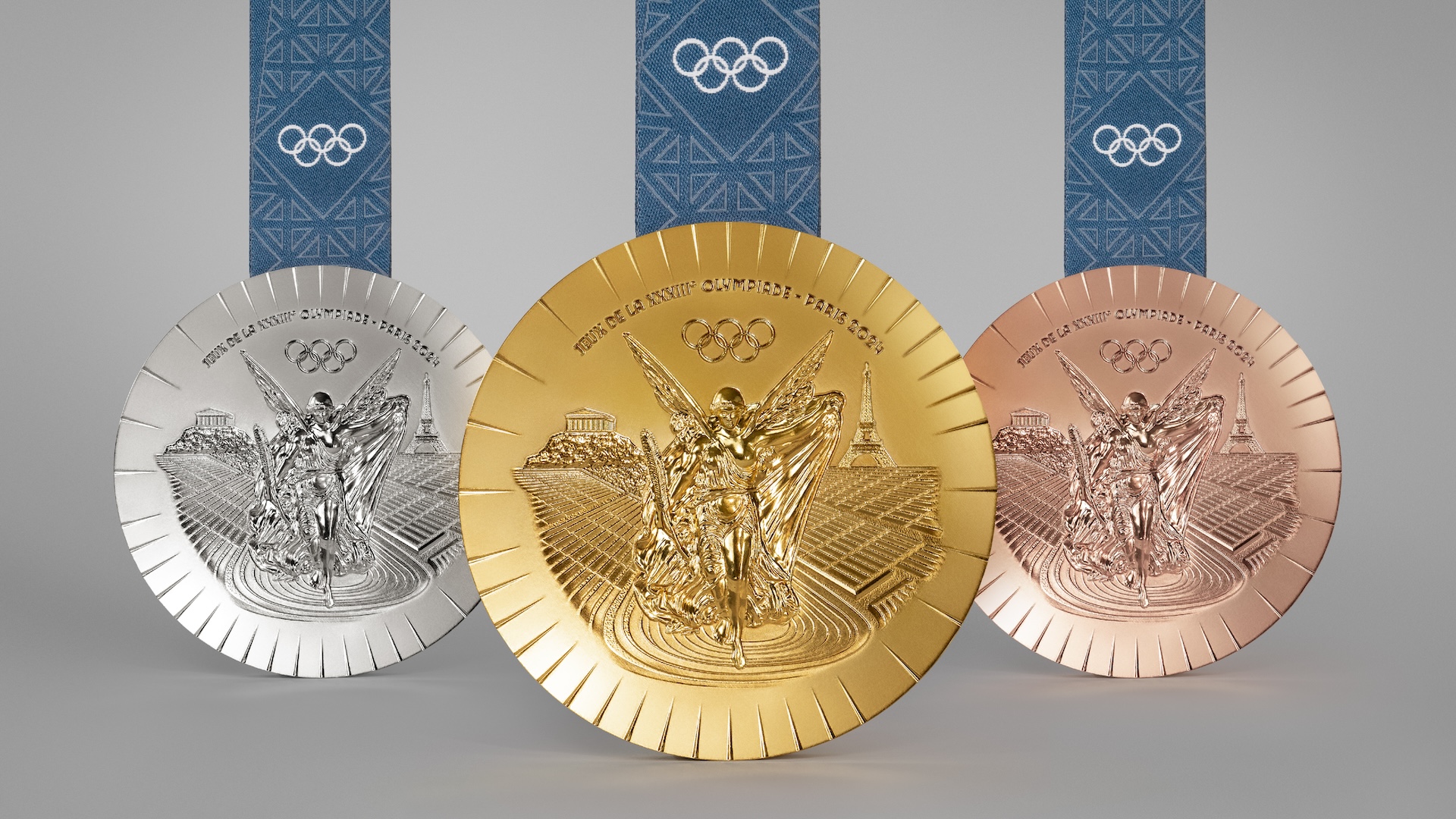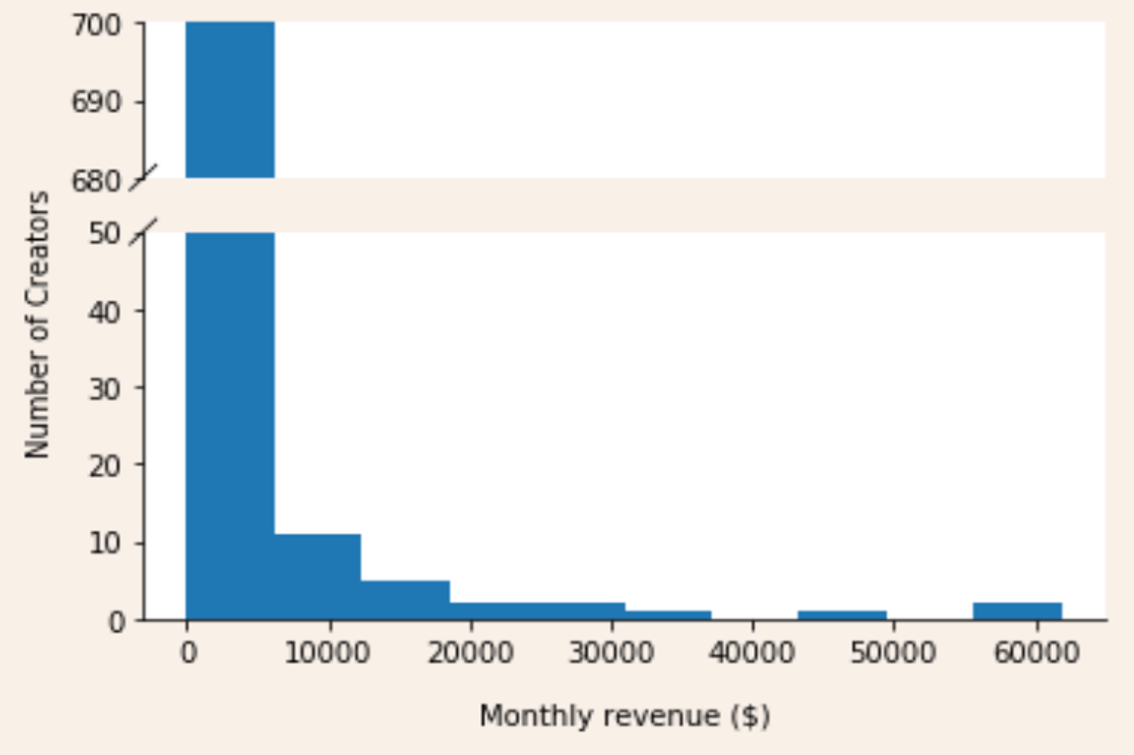NYT is now a gaming company – in terms of time spent by users.
isev-admin
Nickel, a French bank, wanted to provide financial services to low-income people but couldn’t afford to open branches everywhere. So the company used corners of existing cafés and tobacconists, which not only saved money but also provided instant reach and scale. Nickel now has 7,500 of these points of sale as well as 2.5 million customers.
Nike started out as a running shoe manufacturer, long before it ventured into casual shoes and apparel. As co-founder Phil Knight explains, “we just tried to get our shoes on the feet of runners… we thought the world stopped and started in the lab and everything revolved around the product.”
When the brand pursued a DTC model, and ended hundreds of long term partnerships with retailers, it quickly realised the importance of mass distribution: many light buyers couldn’t find Nike in their usual stores and so didn’t buy them. Sales declined 8% in 2024.
And yet we’re spending more on books than ever before. And before you ask, there has been close to zero book inflation in the same period (i.e. prices have stayed the same).
Nobel Prize winners, scientific geniuses in their own fields, have scientifically questionable views in other fields. Alfred Russel Wallace, codiscoverer of the theory of natural selection, advocated spiritualism and believed that nonmaterial forces explained the evolution of the human mind. Percival Lowell, a pioneer in planetary astronomy whose observations paved the way for the discovery of Pluto, was convinced that he had discovered martian canals of intelligent origin.
It’s a tale as old as time.
Richard Thaler & Cass Sunstein coined the term ‘Libertarian Paternalism’ in a 2003 article – a doctrine that aimed to guide people’s decisions without taking away their freedoms. It’s unlikely the idea would have caught on, had it not been for the much snappier title used for their 2008 book: ‘Nudge’ (interestingly a suggestion of one of the publishers who passed on the book)
Nurofen contains exactly the same chemical as ibuprofen, but can be seven times as expensive. When it comes to pain relief, we assume expensive products must be better.
After an Oasis concert faced technical glitches, the band sent out refunds to every attendee but with a twist – each cheque had their signature on it. They worked on assumption that most fans would prefer their signature to cashing the cheque, and saved up to £1m with a bit of ink.
In a quest to dominate the US market, Oatly sent representatives to high-end coffee shops to share the product with local baristas. The baristas, effectively controlling distribution, would then recommend and use oat milk with customers.
Obesity is now considered a medical illness, but this is a modern phenomenon. Throughout history, obesity was seen as a sign of wealth and high socioeconomic status – when food was scarce and famine was rife, only the most prosperous could afford to indulge. The art of Renoir and Rubens presents an ideal figure that is very different from the one today.
No one likes being put on hold, so Octopus energy makes it slightly more enjoyable by playing the song that was no.1 in the charts when the customer was 14 (based on the date of birth on the account).
Aside from China (a country with 1.4 billion people and rising wealth), the countries with the most Olympic medals are all high-income democracies. Why is this? They are good at taking care of their inhabitants. Even in the remotest outposts of Norway, for instance, there’s generally an all-weather sports ground around the corner. Usually the changing rooms are warm, the coaches have diplomas, and kids can train and play at a reasonable price.
OnlyFans pays out $7 billion to its content creators, but the split is far from even. The top 1% of accounts make 33% of all the money and the top 10% of accounts make 73% of all the money.

